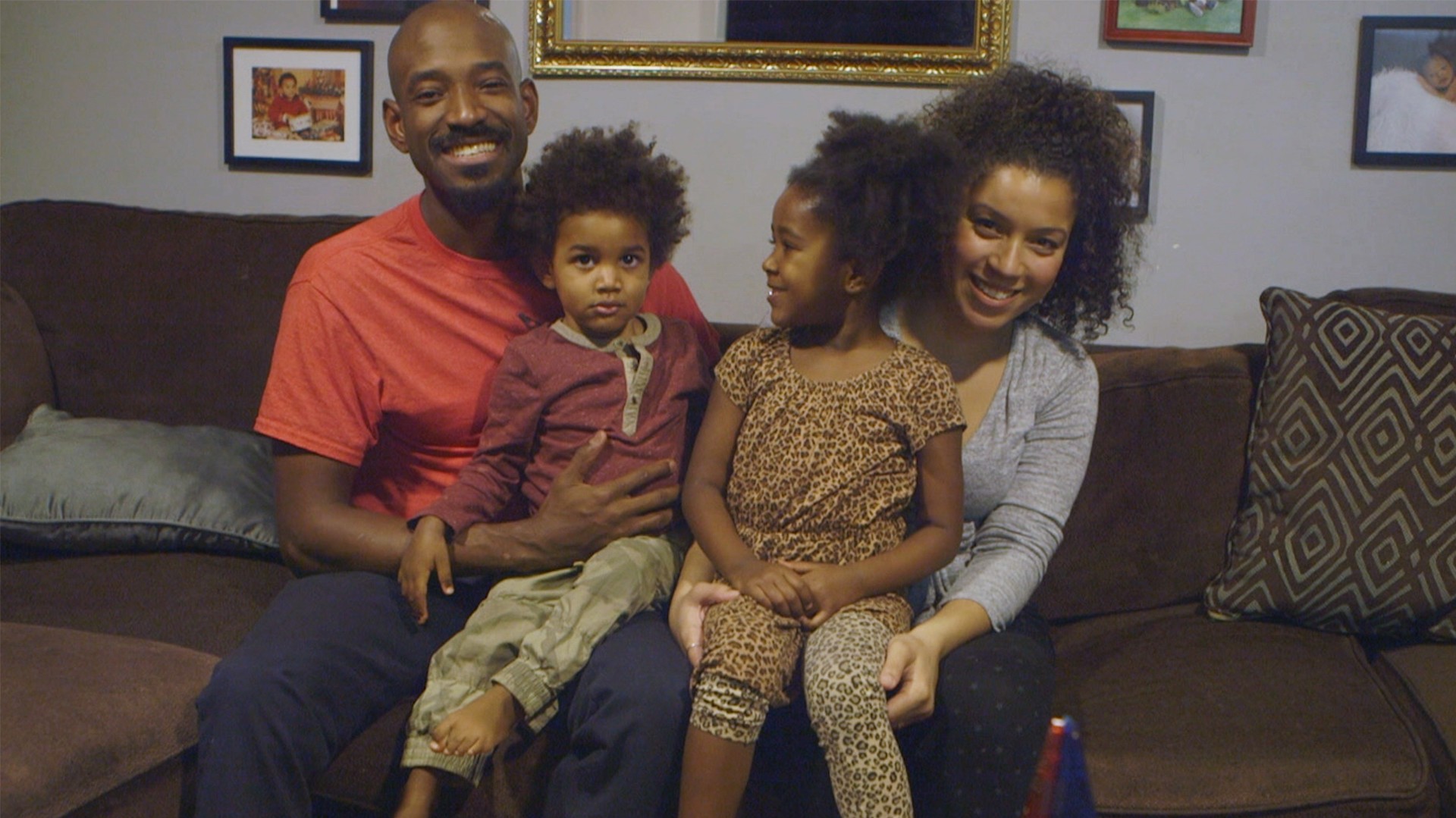Sohl/Getty Images
Social scientists have known for a long time that people who have divorced parents are more likely to experience divorce in their own lives. For example, a 1991 study published in the Journal of Family Issues found that parental divorce increased the risk of ending one's own marriage within the first five years by 70 percent. More recent studies have yielded similar conclusions, with some finding that the odds of divorce are even higher.It has long been assumed that what's going on here is that when parents divorce, it changes their kids in ways that later undermine their own marriages. For example, some have argued that parental divorce weakens people's views on marriage, thereby creating less commitment to the institution. Others have argued that perhaps parental divorce has a detrimental effect on children's interpersonal skills and that this is ultimately what harms their relationships.While these environmental factors undoubtedly play at least some role, a forthcoming study in the journal Psychological Science titled "Genetics, the Rearing Environment, and the Intergenerational Transmission of Divorce" suggests the provocative possibility that the answer is also partly genetic. In other words, some people may carry genes that increase the odds of ending a marriage.So how did researchers come to that conclusion? Well, they did what scientists often do when they want to start sorting out the effects of biology versus the environment: they look at people who were adopted as children and compare how similar they are to both their biological and adopted relatives.In this study, researchers conducted three separate tests using data from the Swedish national registry. This provided a massive dataset in which they could look at what happened in tens of thousands of cases over a long period of time.
Watch More From Tonic:
In the first test, the authors used a "classical adoption design," in which they looked at how 19,715 adoptees' own divorce experiences were related to those of both their biological and adoptive parents. What they found was that, whereas adoptees' divorce patterns tended to resemble those of their biological parents, they were completely unrelated to those of their adoptive parents. In other words, it was only when people's biological parents got divorced that they were more likely to get divorced themselves.In the second test, the authors used an "extended adoption design," in which they looked at 82,698 people's own divorce experiences and how they were related to those of biological parents they lived growing up with versus biological parents they didn't live with when they were growing up. Just like in the first test, if you had a biological parent you didn't live with, your divorce history tended to resemble theirs.Interestingly, however, this test also revealed that people's divorce risk resembled that of the biological parents they did live with. And, in fact, this link was the stronger of the two, which suggests that both biology and the environment are playing a role in divorce risk.Finally, in the third test, the authors looked at how people's divorce experiences were related to those of both their biological and adopted siblings. They found that people's own divorces had no link whatsoever to divorces of their adopted siblings. However, people were more likely to divorce when a full or half sibling who was raised by another family got divorced.Together, what all three of these tests tell us is that divorce seems to be hereditary to some extent. Researchers consistently found that people's odds of divorce were linked to those of their biological—but not adoptive—relatives.To be clear, this does not mean that some of us are carriers of a "divorce gene" that destroys marriages. That's not what anyone here is arguing. Instead, what the researchers believe is going on is that a specific set of personality traits—namely, high levels of neuroticism and low levels of constraint—tend to run in families, and these traits are what increase the odds of divorce.Indeed, high neuroticism, or emotional instability, and low constraint, or impulsiveness, have been shown in previous studies to increase divorce risk.It is also important to point out that this study doesn't imply that divorce is entirely genetic—the results of the second test comparing lived-with vs. non-lived-with parents suggest that the environment also plays an indirect role. In other words, there's probably a social learning component to all of this as well.With all of that said, these results don't mean that divorce is destiny for those whose parents have separated. Having divorced parents isn't necessarily a death knell for your own marriage. Many people with divorced parents go on to have perfectly happy and healthy relationships. But if you have the type of personality that creates a predisposition to divorce, seeking therapy or counseling early on may be worthwhile by helping to blunt the impact of these traits on your relationship.Justin Lehmiller the director of the social psychology program at Ball State University, a faculty affiliate of The Kinsey Institute, and author of the blog Sex and Psychology. Follow him on Twitter @JustinLehmiller.Read This Next: Recent Divorcees Are a Disaster Behind the Wheel
Advertisement
Watch More From Tonic:
Advertisement

In the first test, the authors used a "classical adoption design," in which they looked at how 19,715 adoptees' own divorce experiences were related to those of both their biological and adoptive parents. What they found was that, whereas adoptees' divorce patterns tended to resemble those of their biological parents, they were completely unrelated to those of their adoptive parents. In other words, it was only when people's biological parents got divorced that they were more likely to get divorced themselves.In the second test, the authors used an "extended adoption design," in which they looked at 82,698 people's own divorce experiences and how they were related to those of biological parents they lived growing up with versus biological parents they didn't live with when they were growing up. Just like in the first test, if you had a biological parent you didn't live with, your divorce history tended to resemble theirs.Interestingly, however, this test also revealed that people's divorce risk resembled that of the biological parents they did live with. And, in fact, this link was the stronger of the two, which suggests that both biology and the environment are playing a role in divorce risk.Finally, in the third test, the authors looked at how people's divorce experiences were related to those of both their biological and adopted siblings. They found that people's own divorces had no link whatsoever to divorces of their adopted siblings. However, people were more likely to divorce when a full or half sibling who was raised by another family got divorced.
Advertisement
